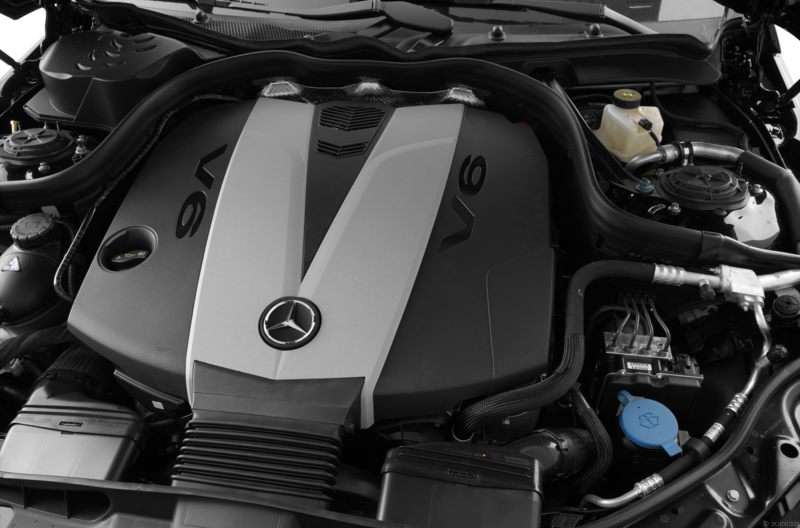Recent Articles
Popular Makes
Body Types
What is Clean Diesel?

Clean diesel is a type of diesel fuel that is highly refined to improve combustion efficiency and reduce harmful emissions. The term is often used interchangeably with ultra-low sulfur diesel. This is due to the fact that clean diesel is refined to significantly reduce the amount of sulfur found in the fuel. At present, clean diesel has surpassed traditional diesel fuel as the most widely available form of diesel gas in Europe and America.
The main difference between clean diesel gas and traditional diesel gas is the level of sulfur present in the fuel. Specifically, clean diesel includes 97 percent less sulfur than traditional diesel. As sulfur is one of the leading contributors to pollution from diesel fuel, clean diesel significantly reduces pollutants emitted by diesel engines. The environmental advantages of clean diesel over traditional diesel are comparable to the benefits achieved from the switch to lead-free gasoline in the 1970s. The reduction of contaminants in clean diesel also allows diesel car owners to enjoy improved fuel efficiency.
Due to the overwhelming environmental advantages of clean diesel (and recent advancements that have simplified the refining process), the United States is currently phasing out the use of traditional diesel. As of October 15, 2006, the EPA has mandated that all on-road diesel fuel sold in America (with the exception of rural Alaska) must be clean diesel. Alaska has been mandated to complete the United State's transition to on-road clean diesel by December 1, 2010. Non-road diesel fuel (used for trains, air travel or off-road use) is currently not required to be of the clean diesel variety, though a transition deadline of 2012 has been set.
Stricter diesel engine emission requirements were created in the 2007 model year to coincide with the EPA's decision to switch to clean diesel. Current vehicles with diesel engines are now limited to 15 ppm of sulfur content (as opposed to the previous standard of 500 ppm). The reduction of sulfur content in clean diesel has also made several emission control technologies possible in modern-day diesel engines. These technologies serve to further reduce toxic emissions – most notably nitrogen oxides. Some diesel engine technologies made possible by clean diesel fuel include:
- Catalytic converter: convert noxious emissions into harmless elements such as H20 or oxygen
- Particulate trap: a catalytic reaction catches particulate matter before it can be emitted, reducing particulate emissions by up to 90 percent
The transition to clean diesel is projected to increase the number of diesel-powered vehicles sold in the United States. This is due in part to relaxed diesel emission regulations that began in 2006 and will run through the 2010 model year. The EPA instituted these relaxed regulations to ease the eventual nationwide clean diesel transition in 2010. This has spurred many Japanese automakers to consider the introduction of new diesel engines to the North American market.
The popularity of diesel engines in Europe is another reason that clean diesel vehicles may become more widely available in the United States. The new clean diesel regulations found in the U.S. are similar to those found in European countries, meaning that auto manufacturers would need minimal changes to bring European diesel offerings to America.
Though clean diesel will be the only petroleum-based diesel fuel available in the U.S. as of 2010, alternative fuels do exist. The most notable contender to clean diesel is biodiesel. As biodiesel is derived from biodegradable and nontoxic components (such as soybeans or corn), the emissions created are comparable to that of clean diesel and meet the low-sulfur regulations currently mandated by the EPA. Pure biodiesel can be readily used in any diesel engine on the market. Biodiesel may also be mixed with clean diesel to create a diesel blend. B20 biodiesel (20 percent diesel and 80 percent clean diesel) is currently the most popular mixture of biodiesel on the American market.